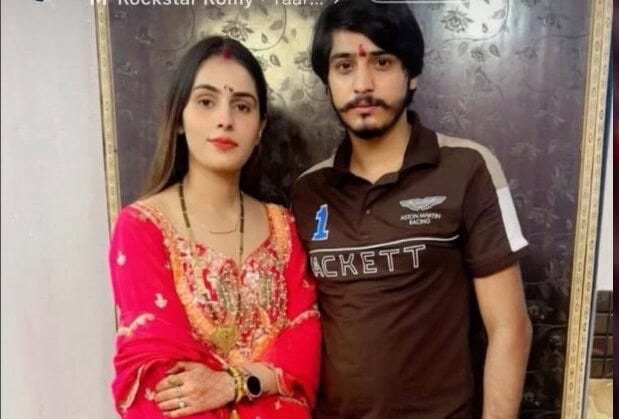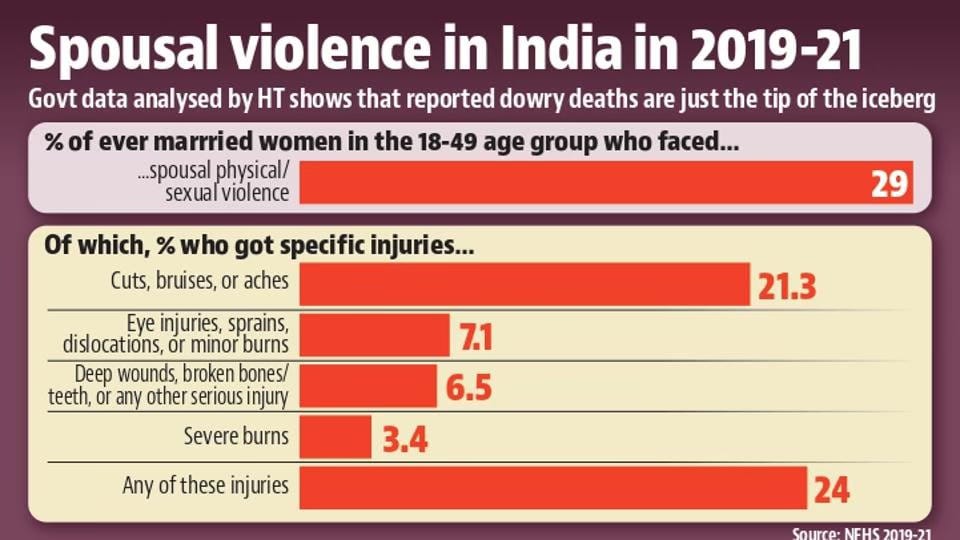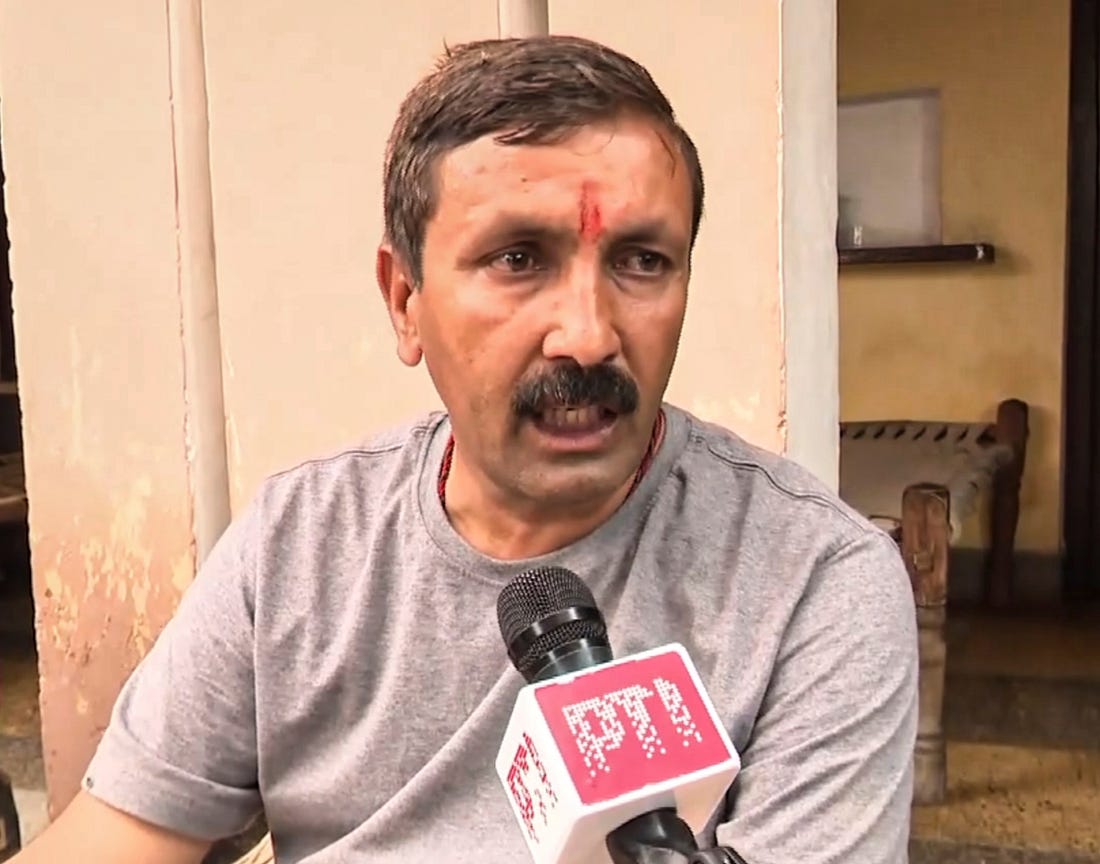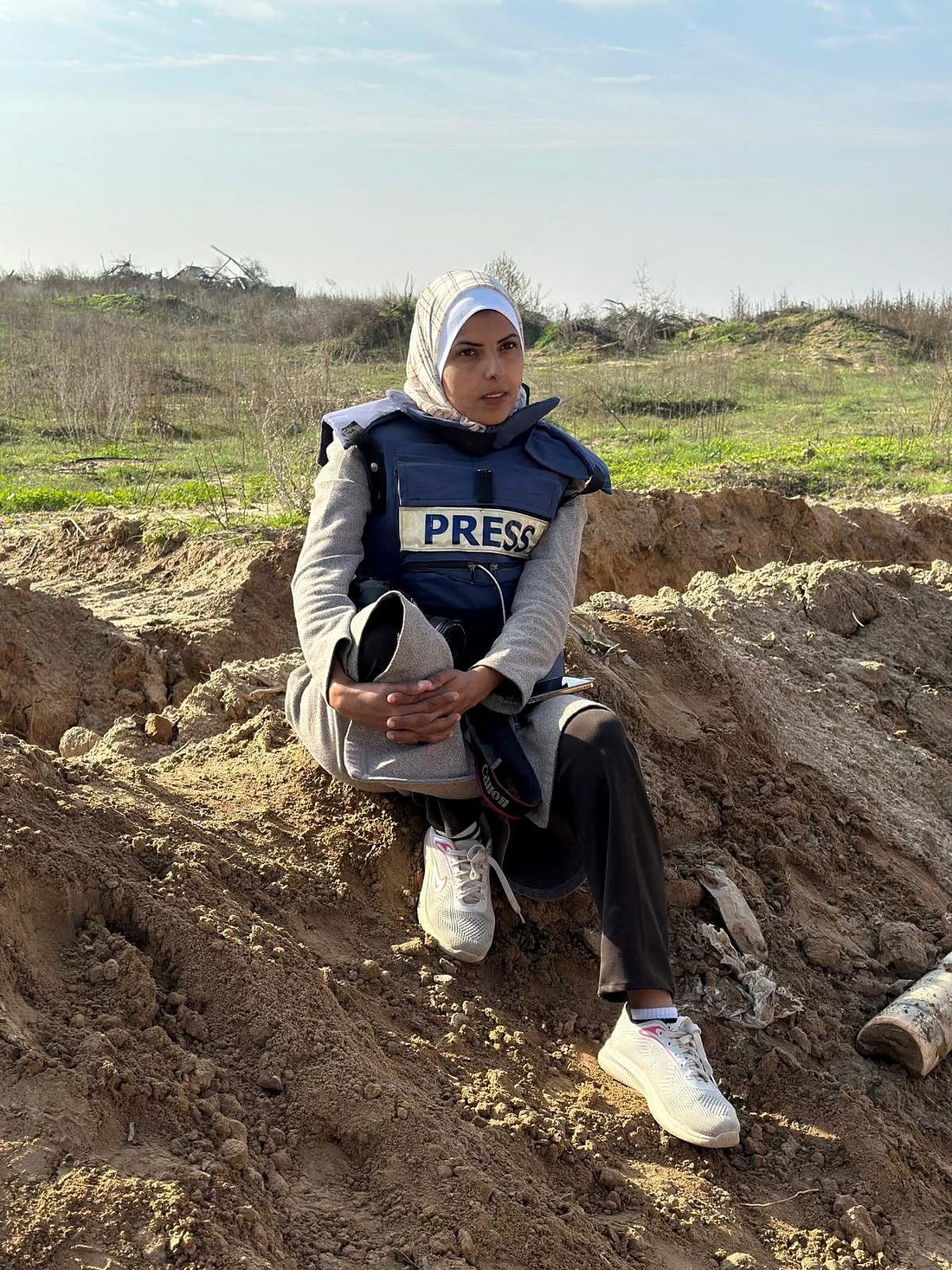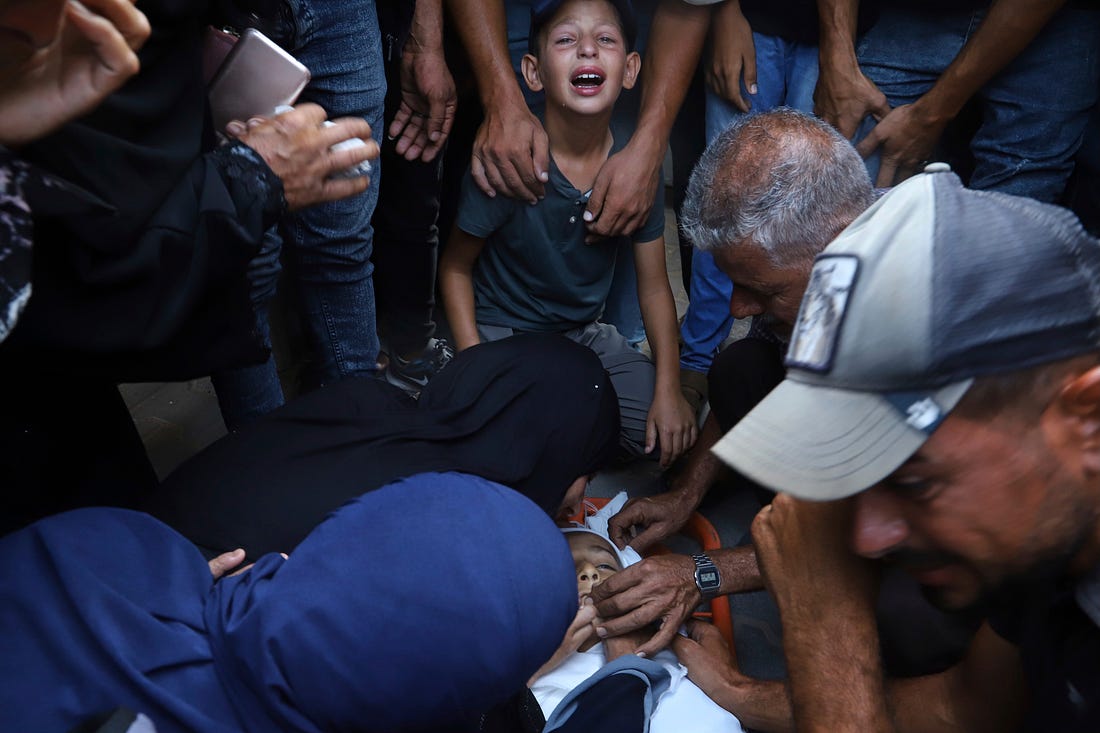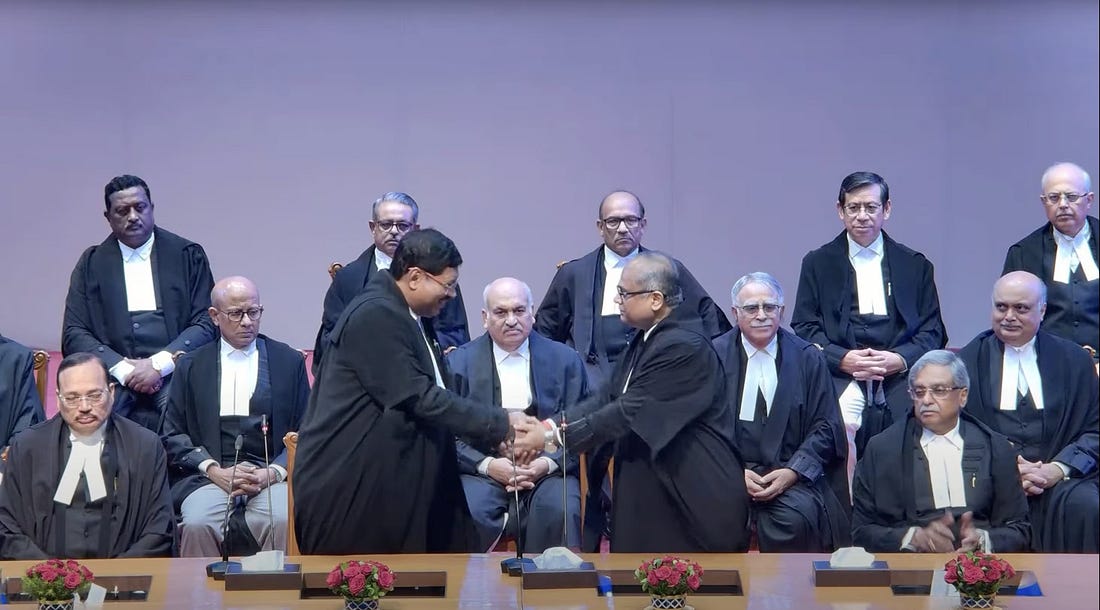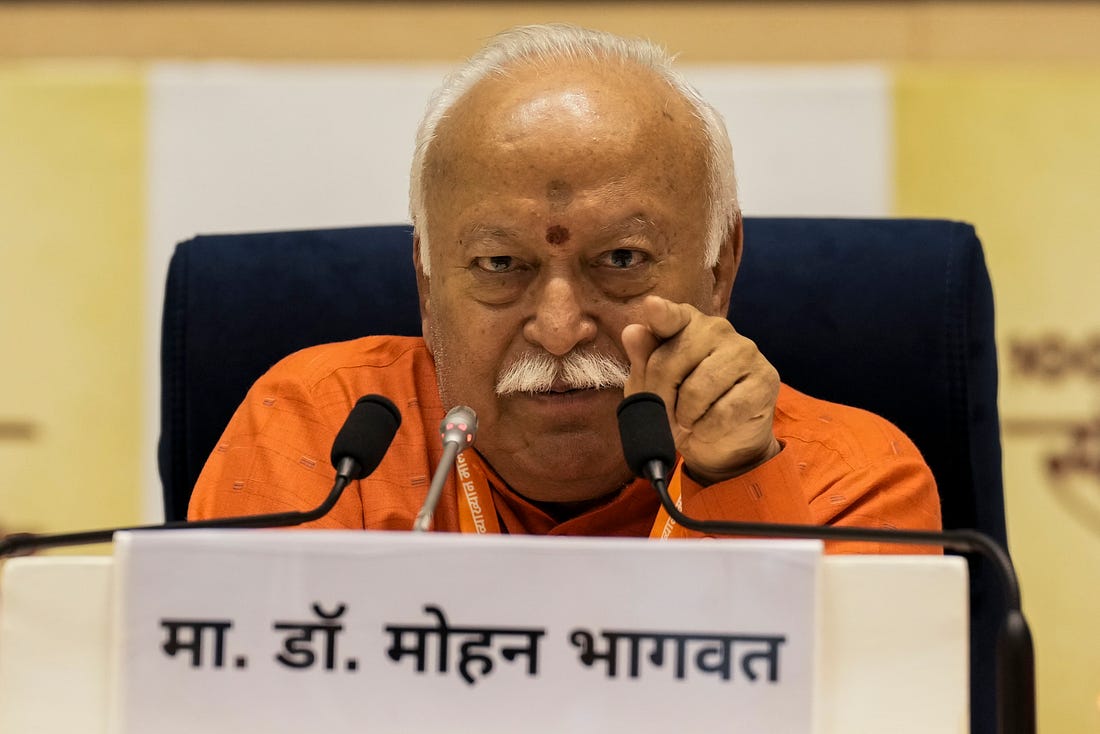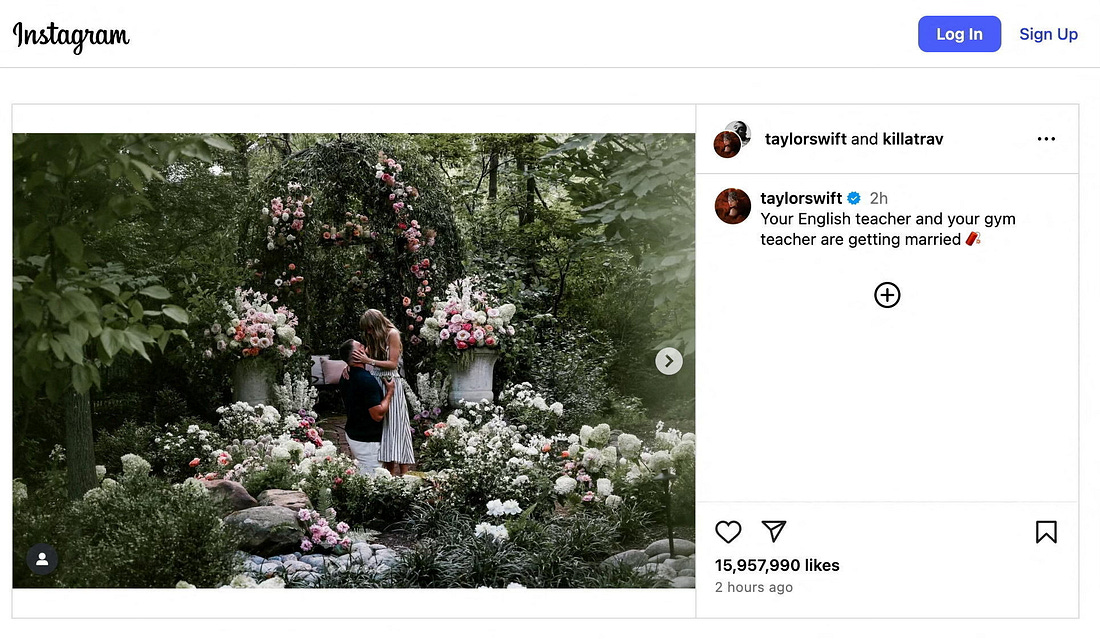💪 The death and life of Nikki BhatiNikki Bhati's death points to the depressing reality of modern India where dowry has deep roots, violence against women is normalized and a woman’s own parents can no longer escape blame. Read on...The big storyIn a country where 17 women are killed every day because of dowry, this one might have been completely unremarkable except for the fact that it happened, allegedly, in the presence of her six-year-old son. In the face of mounting outrage, it was hard to tell what generated the greater public anger: The violence with which she died or her child’s exposure to it. The death of 28-year-old Nikki Bhati on August 21 was the culmination of a series of events that began soon after her marriage. Her father had married Nikki and her sister, Kanchan into the same family, assuming that would give them an extra patina of protection. He was wrong. Neither the marriage nor their dowry guaranteed their safety. There was a grand wedding, expenses for which were borne by the sisters’ family. The demand and supply of gifts never ended. In one of the videos, Nikki is driving a Mercedes car. It belonged to her father. Her husbands’ family wanted one too. In a transactional barter one must ask: What did Nikki and her sister, Kanchan get out of this wedding? By all accounts, they seem like spirited women who posted reels on social media and dreamt of running their own beauty salon. Nikki’s husband Vipin, we are told, was unemployed and, if her brother is to be believed, a womanizer. He was also unhappy with the sisters’ social media presence and their business ambitions You can sense the clash of individual aspiration with hidebound tradition. On February 11, after a fight, Nikki and Kanchan had returned home with their kids, Nikki’s son and Kanchan’s daughter and son. In mid-April, according to reports, the in-laws and the womens’ family reached an agreement in the presence of a caste panchayat of community elders. The sisters said they would stop posting on social media. The in-laws said Vipin would now stop ‘misbehaving’. You know the rest of the story. The sisters went back. The violence resumed. And, now, Nikki is dead. Grim statisticsDowry, the taking and giving of it, has been illegal since 1961. In 1984 and 1986, the dowry law was made tougher, bringing in the much-maligned section 498A that judges say is misused. There is not a lot of data for the number of dowry deaths in the eighties. Citing scholar Peter Mayer, advocate Sanjoy Ghose writing for Article-14 puts the number of women killed for dowry at around 3,000 in 1989. In 2022, the National Crimes Record Bureau recorded 6,516 women killed for dowry. This number, analyses Rohan Kishore for Hindustan Times, is over 25 times the number of women killed after a rape or gang-rape. To give you a sense of the priority with which the courts treat dowry deaths; there were 60,577 cases pending at the end of 2022. Of the 3,689 cases in which trial was completed, only 33% led to convictions, finds Kishore. Often dowry comes masked as voluntary ‘gifts’ with the rationale that after all, a car, a flat, cash and gold also benefit the daughter. Others argue that this is in lieu of a daughter’s inheritance in paternal property, forgetting conveniently that daughters have had the same right to inherit as their brothers under Hindu law amended in 2005. The age of social media and the eternal quest for instagrammable moments has made the big fat Indian wedding only bigger and fatter. Pictures splashed on social media have a way of creating a trickle effect. Everyone wants a designer wedding with at least a DJ. It’s no coincidence that the Bhati sisters aspired to become make-up artists. Unhappily ever afterWhat is so sacrosanct about the institution we call marriage that you would rather your daughters put up with violence than let them come home? In 2024, the government of India explained its opposition to criminalizing marital rape on the grounds that to do so would “destroy the institution of marriage”. The argument is not that different from the one put forward by Bhikari Singh, Nikki’s father: “We wanted our daughter’s marriage to work, so we accepted the assurances.” So presumably did the panchayat that interceded to work out a deal. The caste panchayat, which has no standing in law, cannot escape moral culpability for Nikki’s death, and nor can her father who sent her back. What happens now to Kanchan and her kids, married in that same family? Will Kanchan be left there to her fate—given that she reportedly took her sister’s dying video—and is likely a key witness? What about the children, including that six-year-old boy who gave that heart-breaking testimony of how his mamma was set ablaze by his dad? Maybe we also need to cast a wider eye at how we have normalized gender-based violence. Unless there is complete brutalization, we don’t react. We don’t consider emotional and financial deprivation to be violence. What about the burden of upholding family honour by a woman who has been completely dis-empowered, controlled by her father, husband, and his parents? Isn’t that also violence? And what can you say to parents who know that giving dowry is just the first step to a life of virtual slavery, but give it anyway because it is ‘tradition’, because everybody does it, because if you don’t then who will marry your daughter? Nikki’s family did not even approach the police until the morning of August 22, after her last rites. According to reports, the in-laws begged for their right to cremate their daughter-in-law whose life had been snuffed out in their house. Shamefully, her father agreed. After all, a woman’s corpse must always leave from her marital home. That too is tradition. Also read:In numbers65%The national safety score of 31 cities based on a survey of 12,770 women stood at 65% with Mumbai, Kohima and Vishakapatnam emerging at the safest cities for women while Patna, Jaipur and Delhi were ranked the worst. Source: The National Annual Report & Index on Women’s Safety, 2025 Rest in powerThrough her photographs, she captured the lives of ordinary Palestinians facing extraordinary challenges. Mariam Dagga, a 33-year-old freelance photograph for The Associated Press and other organizations recorded vital evidence of death, destruction and suffering caused by the Israel Defence Force’s war in Gaza. She regularly based herself at Nasser Hospital in Khan Younis from where she could chronicle the stream of wounded and dead and follow doctors as they struggled to save starving children. The photograph below was taken by Dagga on August 23 showing the relatives of 13-year-old Karim Qdeih mourning his death during overnight Israeli strikes On Monday, Dagga was among 20 people, including five journalists, killed by Israeli strikes. News you might have missedWith the swearing-in of justices Alok Aradhe and Vipul Pancholi, the Supreme Court will now function at its full strength of 34 judges. There’s a caveat though, only one of those 34 is a woman, justice B.V. Nagarathna. In fact, no woman has been appointed to the apex court since 2021. The lack of gender representation in the higher judiciary has been flagged by the Supreme Court Bar Association that notes that several high courts including Uttarakhand, Tripura and Meghalaya have no women judges at all and of the nearly 1,100 high court judges, only 103 are women. RSS chief Mohan Bhagwat has once again asked every Indian family to have three children to keep the population sufficient and under control. Bhagwat was speaking at a three-day outreach as part of the Sangh’s centenary and repeated his hum do, humare teen advise made in December last year. Declining fertility rates are a concern all over the world. This past week, the UK birth rate fell to a record low. Policy makers have voiced their concern about the economic impact of a greying demographic. In India, fertility has not yet fallen to below-replacement, except in Tamil Nadu and Andhra Pradesh where the (male) chief ministers have also urged women to have more children so that the states are not impacted by the impending delimitation exercise. And the good news…The Central Industrial Security Force (CISF) has launched its first all-women commando team that will be posted across airports and other sensitive units. The first bath of 30 women are undergoing an 8-week advanced commando course that includes weapons training and live-fire drills under stress. CISF said it has set a target of 10% women in the force. News from elsewhereTaylor Swift’s announcement, “Your English teacher and your gym teacher are getting married,” set off a frenzy. A carefully choreographed picture on Instagram where the famously single, self-described “cat lady” has 282 million followers, captured her and a kneeling Travis Kelce, her boyfriend of two years. At the time of writing, it had 35.3 million likes. “As a brand move, marriage is risky,” writes Jo Ellison in The Financial Times citing Madonna, Beyonce, Rihanna, Britney Spears as examples. Across industries, employment rates among women after having children plunge to 75% from 90%. “Even though global pop icons are less vulnerable to the vicissitudes of the gender pay gap, they do risk sliding into the same cultural irrelevance.” More here. Denmark has apologised for fitting thousands of Greenlandic Inuit girls, some as young as 12, with contraceptives without consent in the 1960s and ‘70s. Prime Minister Mette Frederiksen called it “systemic discrimination” and apologised. More in BBC here. Former Aussie Rules player Mitch Brown has come out as gay—the first openly gay or bisexual man in the Australian Football League’s 129-year-old history. Brown who played 94 matches between 2007 and 2016 said the weight of his sexuality played a huge part in his decision to retire. More in ESPN India here. That’s it for this week. If you have a tip, feedback, criticism, please write to me at: namita.bhandare@gmail.com, or reply to this mail. Produced by Shashwat Mohanty. |

